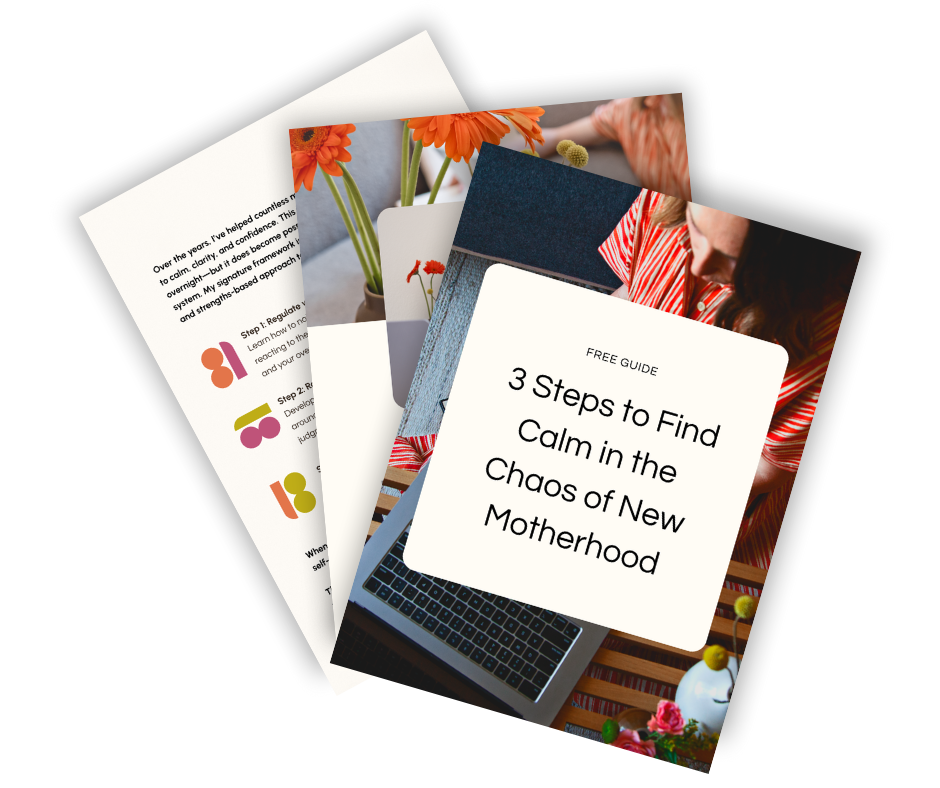Emotional Eating Therapist in Denver and surrounding areas
If you find yourself turning to food when you are stressed, sad, or overwhelmed, you are not alone. Many women use eating as a way to cope with emotions, only to be left with guilt or shame afterward. At Sitting in Sisterhood, I offer emotional eating therapy in Denver to help you understand the roots of these patterns, find healthier coping tools, and rebuild trust with yourself. Together, we will create a compassionate, judgment-free space where you can heal your relationship with food and feel more balanced and confident in your everyday life.
What is emotional eating?
Emotional eating happens when food becomes a way to manage or avoid difficult emotions. Rather than eating to satisfy hunger, many people eat to distract themselves, soothe stress, or fill emotional voids. While occasional comfort eating is common, frequent emotional eating can create cycles of guilt, shame, and disconnection from your body’s natural cues. At Sitting in Sisterhood, I help you uncover the emotional triggers behind your eating habits and support you in developing healthier, more empowering ways to care for yourself.
Most common signs of emotional eating
Some signs that emotional eating may be affecting your life include:
- Eating when you are not physically hungry
- Cravings that appear suddenly and feel urgent
- Difficulty stopping once you start eating
- Using food as comfort for stress, sadness, or boredom
- Guilt or shame after eating
- Feeling out of control around certain foods
Recognizing these signs is the first step toward healing your relationship with food.
How do I know if I struggle with emotional eating?
Ask yourself:
- Do I often eat to soothe my emotions instead of hunger?
- Do I feel guilty or ashamed after eating?
- Do I crave food suddenly in response to stress or sadness?
- Do I find it hard to stop eating once I start, even if I am full?
- Do I feel disconnected from my body’s hunger and fullness cues?
If these questions resonate, you may be experiencing emotional eating, and therapy can help you find relief and healthier coping strategies.
How we treat emotional eating in Denver
My approach to emotional eating therapy in Denver is holistic and compassionate. I combine therapy with wellness coaching to explore the emotional roots of your eating patterns and create new strategies for balance. Together, we will:
- Identify the emotional triggers that lead to overeating
- Learn coping skills to manage stress without food
- Rebuild trust with your body’s hunger and fullness signals
- Develop self-compassion practices to reduce guilt and shame
- Create sustainable routines that support emotional and physical well-being
The goal is not about restriction or diet culture. It is about creating freedom and peace with food while addressing the emotions that drive eating behaviors.
What topics can we talk about in therapy for emotional eating?
In sessions, we can explore:
- Understanding the link between emotions and eating patterns
- Breaking the cycle of stress, overeating, and guilt
- Building self-compassion and reducing shame
- Reconnecting with body cues like hunger and fullness
- Developing non-food coping strategies for emotions
- Healing the relationship with food without rigid dieting
Ready to get started?
Getting to know you
A compassionate, nonjudgmental assessment to understand your unique struggles and emotional needs as a new mom.
Creating a growth plan
A customized therapy plan that integrates emotional support, practical coping skills, and self-care strategies tailored to your life.
Ongoing support and care
Ongoing sessions to build resilience, set boundaries, and create lasting, practical solutions that help you feel more balanced and connected not only as a mother but as yourself.
Emotional eating specialist in Denver
I am Stephanie Poole, founder of Sitting in Sisterhood. I know how overwhelming it can feel to use food for comfort, only to end up feeling worse afterward. As an emotional eating therapist in Denver, I work with women to untangle these patterns, understand the deeper emotions underneath, and build healthier ways to cope. My approach is warm, supportive, and empowering. Together, we will shift the focus from shame to self-compassion so that you can feel more at ease in your body and more connected to yourself.
Tips and resources for coping with emotional eating
While therapy offers deep support, here are practices you can start today:
- Pause before eating to ask yourself if you are truly hungry
- Keep a feelings journal to track emotional triggers and cravings
- Practice mindful eating by slowing down and noticing taste, texture, and fullness
- Develop a toolbox of non-food coping strategies such as breathing exercises, movement, or calling a supportive friend
- Release the idea of perfection. Healing your relationship with food is a journey.

Hi, I'm Stephanie Poole
Licensed clinical social worker and board certified health and wellness coach.
I help ambitious mothers in postpartum rebuild their strength, reconnect with their voice, and rise — not just as moms, but as whole, resilient women. Through holistic, soul-centered support, I guide them from survival to aligned, embodied living.

Book your first session
Investment: $175 per 60-minute individual session
Includes:
- One 60-minute virtual therapy session tailored to your current needs
- Follow-up email with curated resources or reflections to support your progress
- Text check-ins for brief support between sessions


FAQ
What to do instead of emotional eating?
Instead of reaching for food, pause and identify what you are truly feeling. Are you stressed, lonely, or bored? Once you know the emotion, you can respond with a non-food coping tool such as deep breathing, journaling, or movement. Therapy can help you build a personalized toolbox of strategies that feel natural and effective.
Emotional eating vs binge eating vs eating disorder: what is the difference?
Emotional eating happens when you eat in response to feelings rather than hunger. Binge eating disorder involves frequent episodes of eating large amounts of food with a sense of loss of control. Other eating disorders, such as anorexia or bulimia, involve restrictive or compensatory behaviors tied to body image. Therapy can help clarify these differences and guide you toward the right support.
Is emotional eating linked to depression?
Yes, emotional eating is often connected to depression, since food can become a quick way to soothe sadness, stress, or emptiness. But the relief is temporary, and it can increase guilt or shame, which worsens mood. Therapy helps break this cycle by building healthier coping strategies.
Is emotional eating therapy effective?
Yes. Research shows that therapy can significantly reduce emotional eating by helping people identify triggers, reframe negative thought patterns, and develop healthier coping skills. With a compassionate therapist, many women find lasting freedom from cycles of guilt and overeating.
How common is emotional eating?
Emotional eating is very common, especially among women juggling stress, family, and work. Studies suggest that most people engage in emotional eating at some point, but for some, it becomes a recurring coping mechanism. Knowing you are not alone is the first step toward seeking support.
